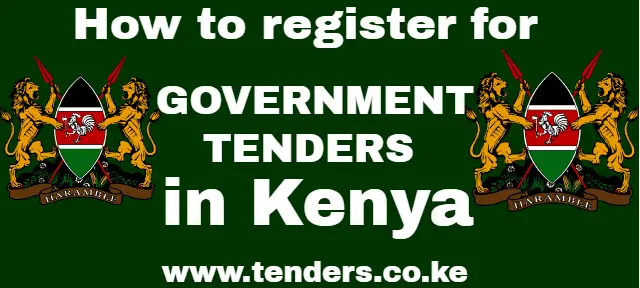In Kenya, tendering is a critical process for business growth, particularly for small and medium enterprises (SMEs) seeking government and corporate contracts. However, many businesses face challenges in navigating the tendering process. This is where tender training becomes essential. By providing businesses with the necessary skills and knowledge, tender training helps improve bid quality, ensures compliance, and enhances the chances of winning tenders. Below are the reasons why tender training is crucial for businesses in Kenya.
1. Understanding the Tendering Process
The tendering process in Kenya involves several steps, such as prequalification, submission of bids, and technical and financial evaluations. Without proper training, businesses may fail to meet key requirements, resulting in disqualification. Tender training helps business owners and teams understand each stage of the process, ensuring that they submit compliant and competitive bids.
2. Improving Bid Quality
A significant benefit of tender training is the enhancement of bid quality. Many SMEs struggle with submitting well-structured and detailed tenders that align with the requirements. Through training, businesses learn how to prepare thorough and professional bids, covering important areas like:
- Technical proposals: Meeting the tender's technical specifications.
- Financial submissions: Presenting clear and competitive pricing.
- Compliance: Ensuring all documentation (such as registration, tax compliance, and insurance certificates) is correctly included.
By improving bid quality, businesses increase their chances of standing out and succeeding in a competitive tender market.
3. Staying Updated on Legal and Regulatory Changes
Kenya's public procurement laws and regulations are continually evolving. Tender training keeps businesses updated on the latest changes in laws such as the Public Procurement and Disposal Act and AGPO (Access to Government Procurement Opportunities). Staying informed helps businesses avoid disqualification due to non-compliance, enabling them to meet all legal requirements and remain competitive in the market.
4. Building a Competitive Edge
Tendering in Kenya is a highly competitive field. Tender training helps businesses learn how to distinguish themselves from competitors by presenting their strengths, past performance, and technical expertise in a way that resonates with the procuring entity. This can significantly enhance their chances of winning contracts, as businesses will know how to craft bids that effectively highlight their unique selling points.
5. Access to Government and Corporate Contracts
The Kenyan government reserves a portion of procurement opportunities for youth, women, and persons with disabilities (AGPO). To take advantage of these opportunities, businesses must understand the specific eligibility criteria. Tender training ensures that businesses can navigate the AGPO process and successfully apply for government contracts, opening doors to more opportunities.
6. Building Confidence in Your Team
Tendering often requires a team effort, and lack of experience can lead to mistakes. Tender training helps build confidence among team members, equipping them with the skills to manage the tender process efficiently. This results in a more cohesive team and high-quality bids, ultimately improving the business's chances of winning tenders.
7. Improved Financial Management
Effective financial management is crucial in the tendering process. Tender training teaches businesses how to create competitive pricing strategies and accurately break down costs, ensuring their bids are financially sound while remaining competitive. Good financial management in tendering helps businesses submit profitable bids without compromising on quality.
Conclusion: The Value of Tender Training in Kenya
Tender training is vital for businesses in Kenya aiming to secure government and corporate contracts. It helps businesses understand the tendering process, improve bid quality, stay updated on regulations, and build a competitive edge. Whether an SME, a business eligible for AGPO, or a larger organization, investing in tender training is a key strategy for increasing the chances of winning tenders and growing in the competitive Kenyan market.





